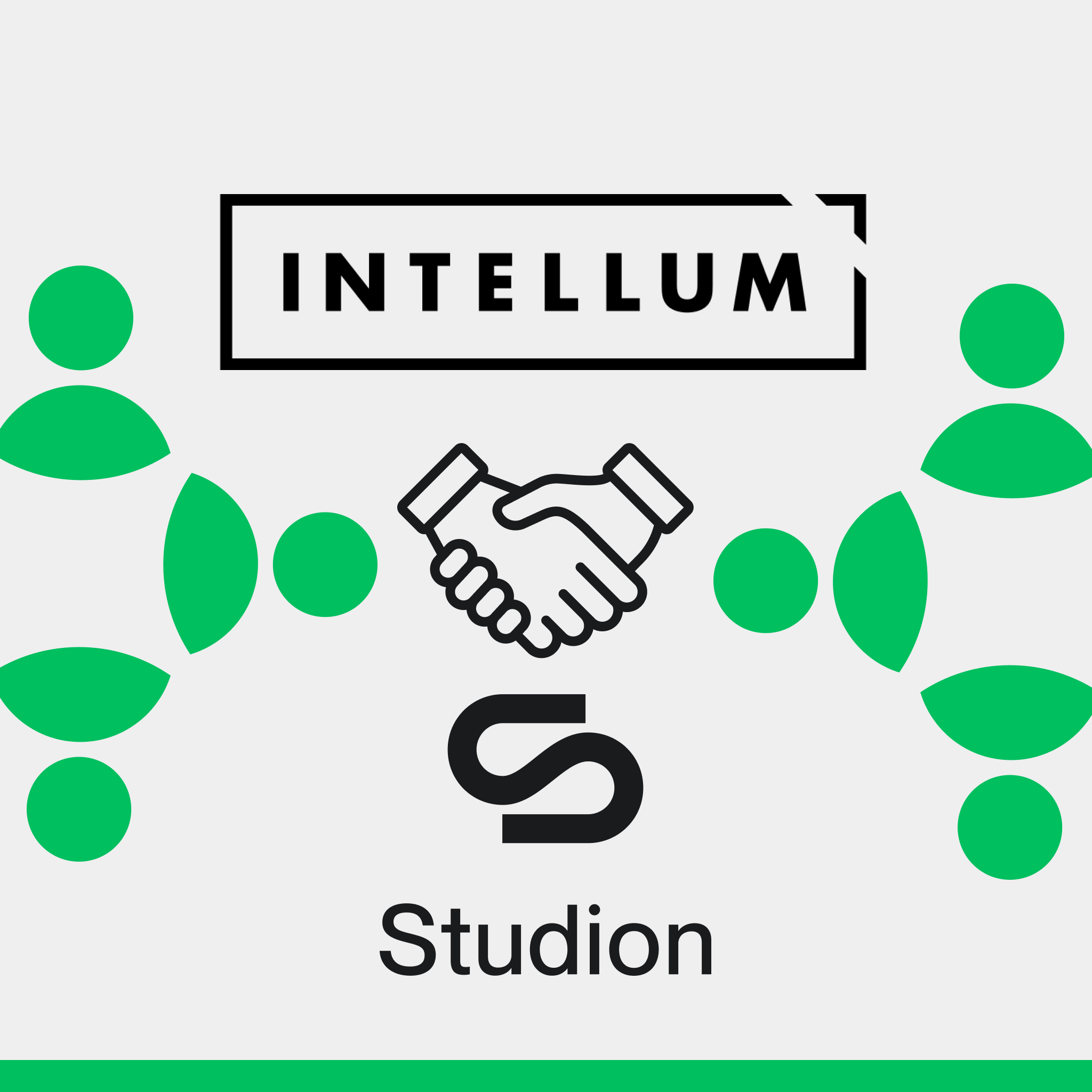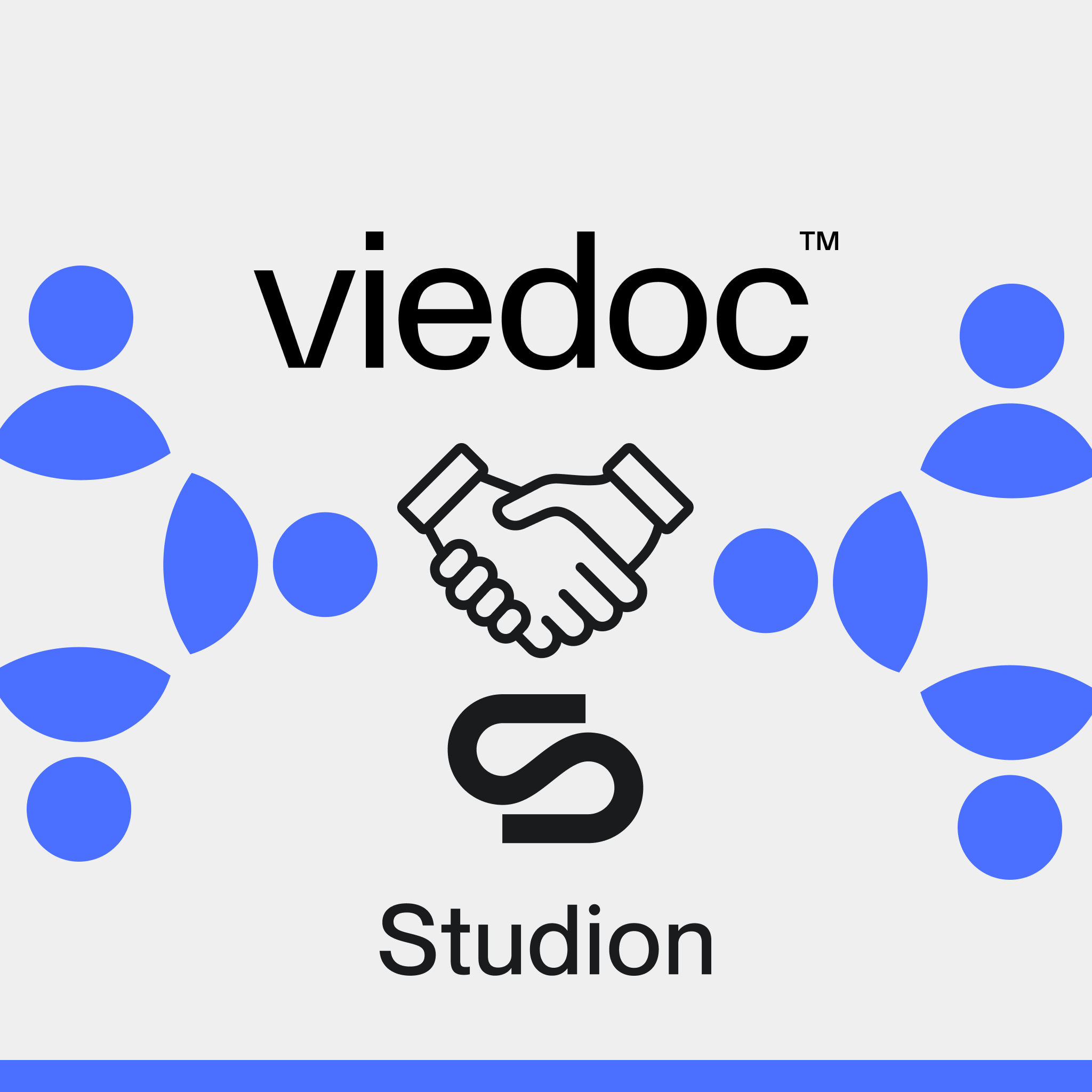AI is reshaping online learning, but the current moment is murky. From adaptive assessments to virtual tutors, AI offers unprecedented opportunities to personalize, scale, and enrich online learning. Yet, the way AI is integrated into digital learning experiences can dramatically impact outcomes. Used thoughtfully, AI can deepen engagement and boost learning. Used carelessly, it may shortcut the very cognitive processes that fuel long-term understanding. As AI becomes more common in digital learning environments, organizations must design with intention and leverage AI to promote critical thinking and engagement, not merely convenience.
The Impact of AI on Learner Engagement
Recent research underscores AI’s potential to drive learning improvements:
- A large-scale randomized controlled trial found that students who used ChatGPT to draft and revise assignments scored, on average, half a grade higher than those who didn’t. When students engaged in a human-AI feedback loop, using AI-generated feedback to revise their work, learning outcomes improved even further (Mollick & Mollick, 2023).
- Another study found that students using AI tutors achieved twice the learning gains in less time compared to those in traditional active learning environments, while also reporting higher levels of engagement and motivation (Kestin et al., 2024)).
- A third study demonstrated that AI tools like ChatGPT can increase motivation and personalize instruction through instant feedback and adaptive responses. But they also highlighted a critical caveat: unchecked use may erode analytical thinking if students accept AI outputs uncritically (Heung & Chiu, 2025).
- Another paper emphasized this risk: confidence in AI can reduce cognitive effort, especially when AI is framed as an authoritative expert. Designers must prompt users to reflect and verify, not passively accept outputs (Lee et al., 2025).
These findings reinforce a key tension: AI was built to reduce cognitive effort. Effective learning, however, demands cognitive effort. After all, many AI tools are designed to be efficient and helpful, not to promote best practices in learning and critical thinking. The best AI implementations in online learning flip the script by using generative tools to scaffold thinking and unlock higher-order learning tasks like analysis, synthesis, and creation.
AI tools can be used to unlock efficiencies when building an online course and authoring content. Similarly, there is an argument for providing AI tools to learners to streamline time-intensive but less impactful tasks. When implemented correctly, AI tools allow learners to focus on higher-level tasks like synthesis and argumentation, while offloading routine tasks like grammar correction.
“Instead of using new technology merely because it’s innovative, you should deploy it strategically to achieve measurable learning improvements, cost-effective program scaling, and tangible business outcomes.”
– Tom Bunting, Studion Senior Technical Program Manager
Balancing AI Use with Critical Thinking
While AI can boost engagement, organizations must guard against misuse. If AI simply supplies answers or shortcuts assignments, learners lose opportunities to wrestle with content—a process essential for building knowledge.
To maintain critical thinking:
- Use AI to pose questions, not just provide answers.
- Require students to evaluate and revise AI outputs.
- Integrate Socratic chatbots that challenge learners to justify responses.
- Encourage metacognition through structured reflection on AI-assisted work.
The goal is not just to use AI because it’s available, but to design learning with AI in ways that increase critical thinking.
“Think of AI or any new technology as analogous to calculators. Calculators are used to enhance the learning of math and unlock efficiencies, but we still need to understand math concepts.”
– Josh Newman, Studion Vice President, Learning Practice
Implementing AI Tools Effectively
From Studion’s perspective, success lies in aligning technology with learning objectives. Here are five ways AI can be thoughtfully employed:
- Immersive Simulations: Use AI to create dynamic scenarios where learners experiment with abstract concepts.
- Hard-to-Practice Skills: Enable repeated practice of skills like negotiation or ethical decision-making through responsive AI role-play.
- Productive Failure: Craft low-risk environments where learners can fail, get feedback, and try again.
- Personalized Journeys: Guide learners based on their performance and preferences.
- Human-AI Feedback Loops: Combine AI-generated feedback with learner reflection for iterative learning.
Studion is actively building several of these tools for clients, including a digital twin AI tool that allows learners to practice difficult tasks in a virtual world and an AI-powered chatbot that supports sales training through interactive conversation and reflection.
Educators and learning experience designers should also:
- Educate learners about AI’s capabilities and limits (improve AI literacy).
- Use AI to achieve high engagement at scale.
- Design prompts that encourage analysis and curiosity.
AI for Learning: Handle with Care
AI can be a force multiplier for education, but only if used with care. As tools like ChatGPT become embedded in learning platforms, organizations must be intentional. Thoughtful integration supports engagement, reflection, and growth. Thoughtless use risks detachment and shallowness.
At Studion, we believe:
- AI should enhance, not replace, human learning.
- Integration must be thoughtful, not bolted on.
- AI can unlock deeper exploration and unbounded inclusion.
AI technology is in a constant state of evolution. Our perspective will evolve alongside it. By anchoring AI in pedagogical purpose, we can make learning more engaging, more human, and more transformative.
Struggling to implement AI in your online learning programs? Talk to our AI experts.
References:
1. E. R. Mollick, L. Mollick, Assigning AI: Seven approaches for students, with prompts. SSRN Electronic Journal (2023), doi:10.2139/ssrn.4475995.
2. G. Kestin*, K. Miller*, A. Klales, T. Milbourne, G. Ponti, Ai tutoring outperforms active learning. ResearchSquare – Social Sciences (Preprint) (2024), doi:10.21203/rs.3.rs-4243877/v1.
3. Y. M. Heung, T. K. F. Chiu, How chatgpt impacts student engagement from a systematic review and meta-analysis study. Computers and Education: Artificial Intelligence. 8, 100361 (2025).
4. H.-P. (Hank) Lee et al., The impact of Generative AI on critical thinking: Self-reported reductions in cognitive effort and confidence effects from a survey of Knowledge Workers. Proceedings of the 2025 CHI Conference on Human Factors in Computing Systems, 1–22 (2025).




